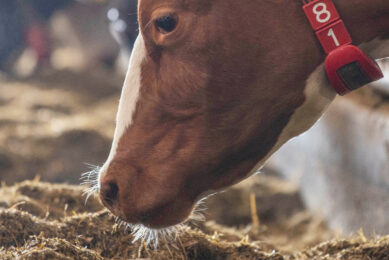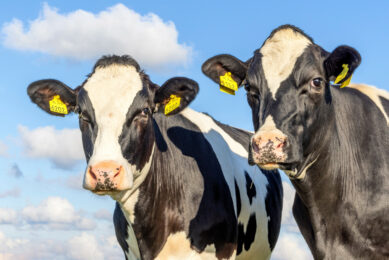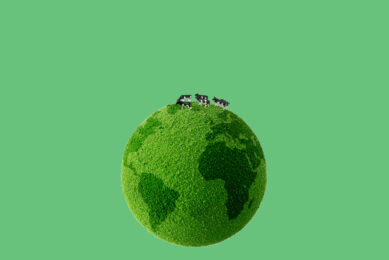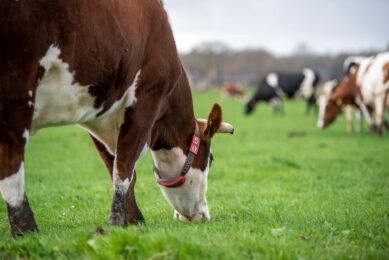Dairy farmers concerned about Russia’s new emission policy
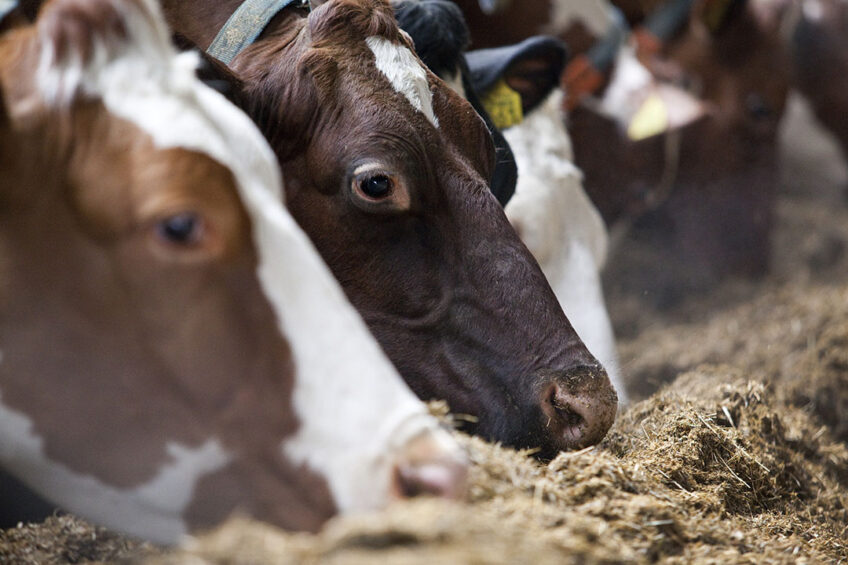
Russia’s new emission policy aimed at curbing industrial emissions is expected to heavily hit milk farmers, according to sources.
Russian President Vladimir Putin has signed the law introducing the first emissions caps and obliging a broad range of companies to prepare and submit carbon reports to the government from 2025. The companies found surpassing the emission caps are likely to be subjected to fines or an ecological fee.
The law so far establishes a very basic system for greenhouse emissions monitoring and is expected to be detailed in the coming years.
The Russian milk industry is worried as a results of these new rules. Market participants are confident that the government must encourage producers to cut emissions using other tools.
The rationale behind introducing the new rules is not only to curb greenhouse emissions but also to shape up the domestic dairy market.
“The desire of the government to introduce a new tax or fine is not a new phenomenon,” Dmitry Matveev, president of the Russian dairy producer, Kabosh, told local news outlet, Milk News, adding that there were quite a few steps taken in the country, which were “contrary to common sense”.
The rationale behind introducing the new rules is not only to curb greenhouse emissions but also to shape up the domestic dairy market, he said.
“There is an intention of some large companies investing in the promotion of vegetable protein and dairy products on the market to lobby the decisions that will push prices of their competitors up and free some segments,” he said, adding that simply charging an emissions tax is not the right solution to cut emissions.
Cost of new emission policy to farmers
For milk farmers, the very process of counting and registering emissions is expected to be way more complicated than for other businesses, said Daniil Bobkov, manager for liaising with the state bodies of the Russian union of dairy producers, Soyuzmoloko.
“Agriculture has low marginality, which means that the cost of fulfilling new rules will be included in the production cost. So far, the emission monitoring guidelines have not been published. They could shed some light on how costly the [emission] counting will be,” Bobkov added.
Further changes anticipated
Recent changes and initiatives show that greenhouse emissions reduction is one of the issues on the Russian government’s agenda, and the industry may expect further changes in the regulatory landscape, law firm Herbert Smith Freehills added.
The new rules are likely to spur Russian demand for feed additives curbing greenhouse emissions, a source in the Russian feed industry said. Sales in this segment remained miserable, but farmers already began asking for some products that could help them get emissions under control, the source added.
Join 13,000+ subscribers
Subscribe to our newsletter to stay updated about all the need-to-know content in the dairy sector, two times a week.



